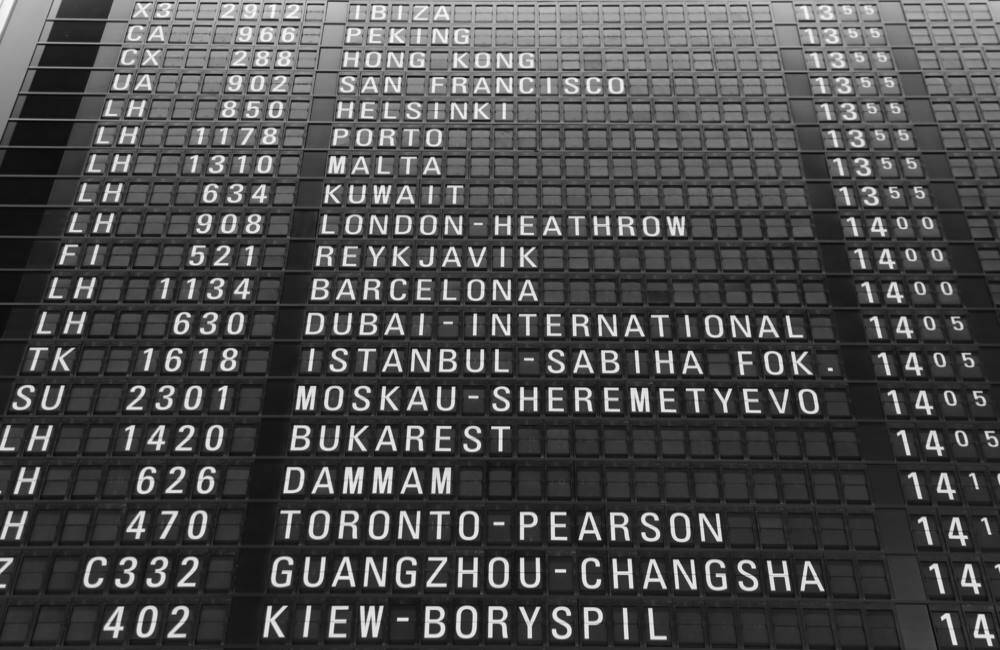
Medical repatriation companies return someone to their home country when they experience injuries, illness or trauma while abroad. Knowing how to find medical repatriation companies is critical to getting back home safely before time spent dealing with hospitals, doctors and insurance companies takes a toll on a person’s health and finances.
Medical repatriation involves making sometimes complex transportation arrangements, such as on a commercial airline with a trained RN flight nurse, and ensuring the safe transfer of the patient back to their home country. The first and foremost goal is to facilitate the return of the patient to their home country for appropriate medical treatment.
When trying to find medical repatriation companies, the key is to act quickly. They can provide the support you need to clear hurdles and get you back home to the care of your own doctors. The following medical tips can help you find medical repatriation companies and understand how they can help.
What Kind of Company Does Medical Repatriation?
When trying to find medical repatriation companies, you want to find a non-emergency medical transport (NEMT) service. NEMT companies specialize in transporting patients on commercial airlines with trained flight nurses who manage their care during the flight. A high quality NEMT company also will book flights and other travel arrangements on the patient’s behalf with airlines and airports.
The right NEMT company will work with an insurance provider to verify if a patient qualifies for medical repatriation, handle communications with foreign medical staff and officials and properly complete all paperwork. They also consult with clinical staff at the hospital to ensure a patient is stable enough to fly.
Flying Angels has years of experience in providing medical repatriation, as well as many other medical transport services.
The Challenges of Medical Repatriation
People hire a reputable NEMT company because of the challenges in leaving a foreign country to return home when you have required medical attention. When searching for medical repatriation companies, look for companies who understand how to manage the following challenges.
Insurance Coverage
American tourists on vacation don’t typically plan for an emergency and do not know if they have coverage for medical repatriation. The first step an NEMT company will take is to find out what is covered under a person’s insurance. That can get complicated. For example, some insurance does not cover air medical, and some may cover transfer to a higher level of care, but not back to their nation of origin. Also, even if insurance does cover medical repatriation, it may only cover return to the nearest U.S. airport, not the patient’s home city.
If insurance does not cover air medical, then some types of travel insurance and some high-level credit cards may offer coverage. Experienced NEMT companies have untangled these insurance knots many times before.
Logistical Challenges
Coordinating transportation back home on commercial flights and ensuring patients have all the required services they need at airports and on their flights can become a complex task, especially if the patient is in a remote location. Ensuring the availability of appropriate transportation, arranging any necessary accommodations with foreign health officials and airlines, and coordinating with healthcare providers in both the current location and the home country offer logistical challenges. NEMT companies offer the skills and experience needed to overcome those challenges.
Language Barriers
Simply communicating can prove difficult in non-English speaking countries. This can create delays in getting a patient transferred. In the worst cases, communication gaps can result in patients not getting the level of treatment they need. Poor communication also can lead to people not understanding local regulations that may allow hospitals to charge them far more than they realize. An experienced medical travel company will have contacts in the area and work with translators to ensure everyone is on the same page for treatment and transfer.
Choosing a Receiving Facility
Patients returning to the U.S. may have difficulty in getting transport to the receiving facility they want. NEMT companies will have a list of medical facilities where they have contacts and work to get patients transferred to a facility that offers the type of care they need. They also will have a list of alternative medical flight destinations.
Healthcare System Differences
The healthcare system in the home country may differ significantly from the one where the patient is currently located. Finding suitable medical facilities can pose challenges. Also, in some cases it’s necessary to obtain necessary medical documentation and clearances for repatriation. This may involve coordinating with treating physicians, obtaining medical records and ensuring that the patient meets the requirements for travel.
The Patient’s Medical Condition
Medical transport companies should provide a trained flight nurse to travel with patients on their trip. Flight nurses have experience and training in performing medical services at high altitudes and should have expert knowledge of aviation physiology. They also manage medications or medical equipment needed during the flight. These registered nurses consult with medical personnel where the patient is getting treatment to understand their current condition. They also notify the receiving facility about the patient, so they are accepted for treatment.
When it comes to finding medical repatriation companies, time is of the essence. People who need medical repatriation want to move as fast as possible to get back home under the care of doctors they know. Hiring a professional medical repatriation company can get patients through the process faster and safer.
